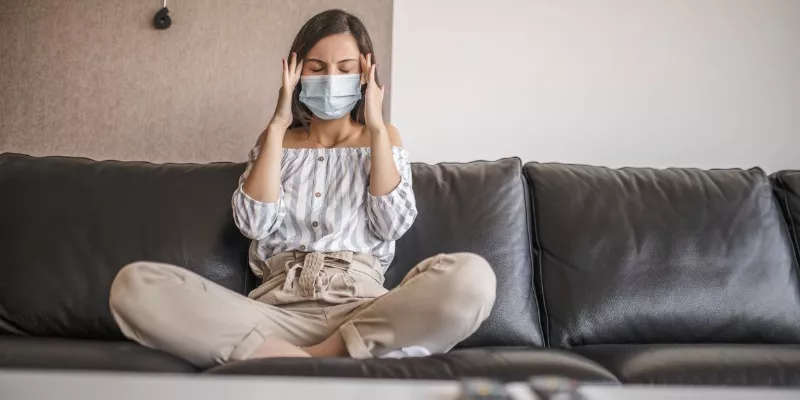
Most of us are aware the air we breathe outside can be filled with pollutants. However, what you might not realize is that the air pollution found indoors is actually far worse. Because the air is contained, even opening the windows does little to help circulate the air effectively.
As a result, we are all at risk of breathing in contaminants, especially in the winter when the furnace is on, and the windows are closed. Here we offer tips on how to reduce indoor air pollution in your home to help keep your family healthy.
What are Common Indoor Toxins?
The toxins in your home vary from household to household. There are ways to help detox air in the home, using helpful tips on how to remove air pollution in the home. However, it helps to understand the common indoor toxins including:
Cigarette smoke
This is quite hazardous even to those who don’t smoke. Second-hand smoke is filled with harmful particles that cling to fabric and carpeting in your home. The simple solution is to stop smoking indoors to protect your family from “third-hand smoke” that clings to soft materials in your home.
Household cleaners
We all clean our homes using various household cleaning supplies. However, what we might not realize is that they can contribute to bad air quality in apartments and houses. These chemicals are bad for your skin, but can also be breathed in, causing irritation to your lungs, mouth, and nose. When wondering how to improve indoor air quality naturally, a good solution is to choose eco-friendly cleaning products to minimize health risks.
Candles and incense
If you love to keep your home smelling fresh with candles or incense, you are probably doing more harm than good. It’s best to avoid any heavily perfumed products, including air fresheners, candles, and incense.
Some other common indoor toxins include:
- Perfume
- Craft and office supplies
- Dry cleaning fumes on your clothes
- Allergens, including pet dander, dust mites and pollen
- Mould
- Smoke and residue from wood-burning fireplaces or stoves
- Poor ventilation
- Gas stoves
- Building materials containing asbestos, formaldehyde, or lead
- Germs and bacteria
All of these pollutants contribute to poor air quality in the home.
Are you looking to speak with an HVAC expert? Call your local ClimateCare today!
How To Keep Air Clean At Home – 17 Tips
If you are wondering how to improve room air quality in your house or reduce bad air quality in apartments, these 17 tips are quite effective:
- Replace HVAC filters regularly
- Have regular professional maintenance checks for your HVAC system
- Use an air purifier with high-efficiency particulate-arresting (HEPA) air filters
- Stop smoking indoors
- Only use supplies with heavy fumes in well-ventilated areas, including spray paints, office products, arts and craft supplies, interior paints, varnishes (including nail varnishes), etc.
- Have your gas stove checked to make sure it is properly ventilated
- Replace carpeting with hardwood flooring
- Reduce moisture with a dehumidifier and/or air conditioner
- Declutter your home and cover your trash bins to reduce pests
- Have a no-shoes policy at home
- If you park your vehicles in a garage with direct entry into your home, have them checked for emissions
- Reduce the use of air fresheners, candles, and incense
- Install carbon monoxide detectors
- Fix leaky taps and pipes to reduce the risk of leaks
- Dust and vacuum often, especially to improve air circulation in condos
- Put your bedding in the laundry once a week using hot water to improve bedroom air quality
- Use exhaust fans in the bathroom and kitchen, especially to help reduce poor ventilation in apartments
Reduce Indoor Air Pollution With Professional Help
We care about the air you and your family breathe. If you have any concerns about your indoor air quality, contact your local ClimateCare today.




